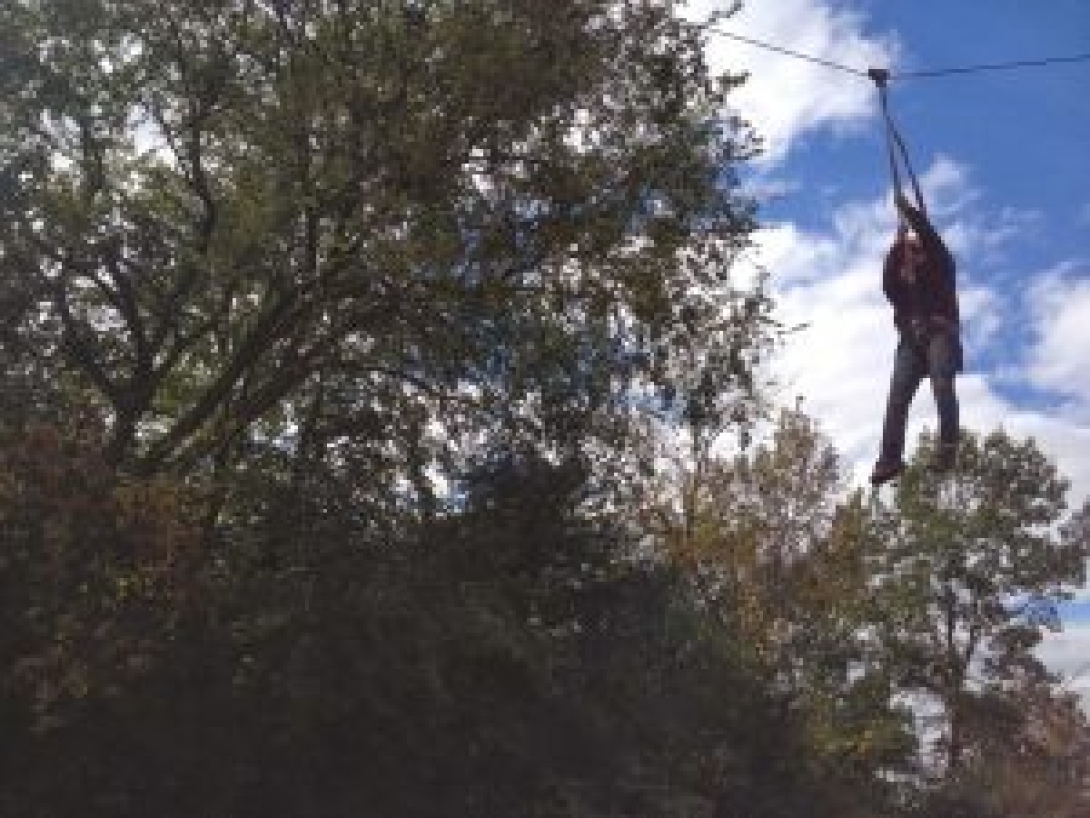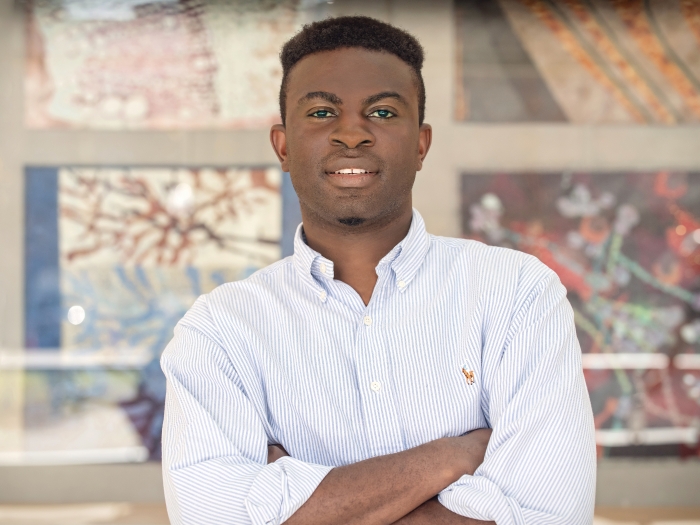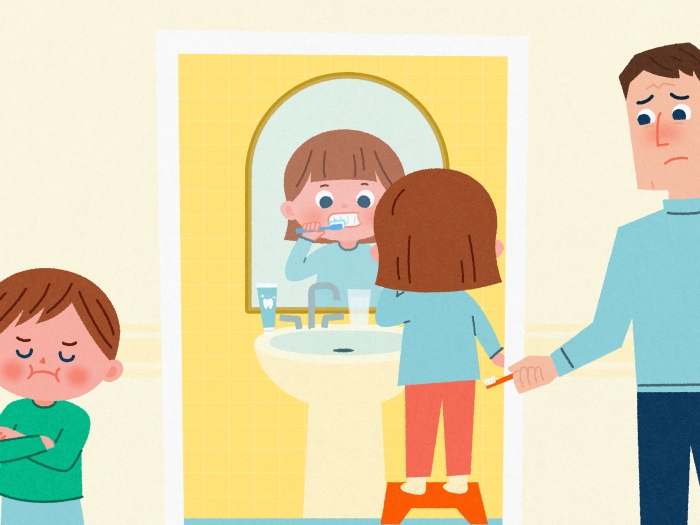In the last two months, I have been to six surgeries. I have felt warm, viscous, blood course over my gloved hand as I held a retractor during a Cesarean section. I have seen the inside of a man's abdominal cavity as I held a laparoscopic camera. I have watched as boogers were pulled out of a man's sinus by a tiny vacuum cleaner. And I don't even want to be a surgeon.
My journey to medicine began in social work school in Chicago. There, I focused on health disparities and working with teenagers, thinking I would spend my career as a community organizer and health educator. And thus, I was shocked when my advisor connected me with a watchdog group conducting citizen oversight of the Illinois prison system for my social work field placement (a residency, of sorts, conducted in your final year of school). "You should try new things," she said as I left her office that day, deeply disappointed. She was, of course, correct. My time working on prison reform gave me tremendous exposure. Not only did I collaborate with an interdisciplinary team of lawyers, I also learned that I could connect with people very much unlike myself by being open and honest. I learned that changes in bureaucracy happens both at a policy level but also in hundreds of individual decisions by the hundreds of employees carrying it out. I learned to elicit information not from asking questions but by staying silent, and I learned how to cope with moral ambiguity. But in the end, after graduating, I did not go into prison advocacy, or health education for that matter. Because truly, that wasn't the point. Instead, I took a job running youth leadership training programs at a synagogue. Go figure.
Which brings me to my first time in the operating room. It was by a chance invitation that I found myself standing there at 7:00 a.m. one morning, the patient confirming his identity one last time before being put under anesthesia. I looked around, at the sterile instruments laid out on the table expectantly, at the phalanx of monitors beeping indecipherably, at the resident typing furiously, at the nurses conducting a stream of seemingly endless tasks. I wasn't just out of my comfort zone, I was out of my league.
As an older student, and a career changer, I feel that I have some sense of my skills and interests. I like building partnerships for change, synthesizing information and prioritizing goals, working with children and teenagers – all of which have been pushing me towards medical, not surgical, disciplines. "Why am I even here," I asked myself, intimidated by the charge nurse who kept eyeballing me as I tried to blend in with the tiled walls. And yet, slowly at first, but then all of a sudden, I started to become comfortable and fall into the choreography of the surgery.
With the arrival of the attending, I was invited into the small community of health professionals who would, over the course of the next three hours, become a self-contained universe focused on the removal of a tumor growing in the patient's sinus. I marveled at the surgeons' knowledge of anatomy, at the technology employed, at the teamwork exhibited, and at the fact that I didn't contaminate the sterile field. Near the end of the surgery, peering deep down into the patient's sinus through a pencil sized hole through his gums, I didn't know what to make of it all. It had been a tremendously exciting morning, not at all what I had expected, but I also didn't feel like it was my calling.
Again, by chance, five other surgeries followed in two different ORs. While I didn't seek out these opportunities, I also didn't say no to them when they appeared. There is something magical and disquieting about being inside of a body, seeing an artery pulsate or a uterus be pulled outside the abdomen. I still do not think I am interested in surgery, too technical and goal oriented, but I am grateful for the chance to be able to have decided this through experience not bias.
Like my time working in prisons, I have learned a tremendous amount from being in an unexpected environment. I learned that hierarchy is not the same as devaluing other's contributions. That trust is shared not just between surgeon and patient, but also between surgeon and nurse and tech. That honesty about one's capabilities is respected by the right kind of leader. And that there is such a thing as a very tiny booger vacuum cleaner.


Department of Communication at Michigan Medicine
Want top health & research news weekly? Sign up for Health Lab’s newsletters today!




